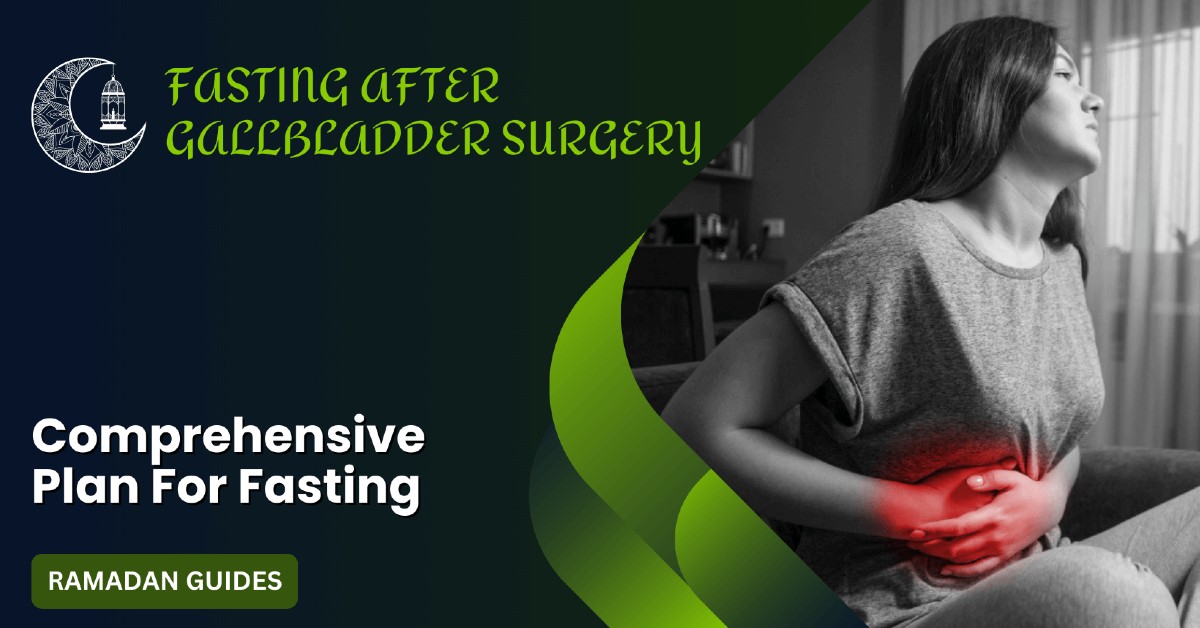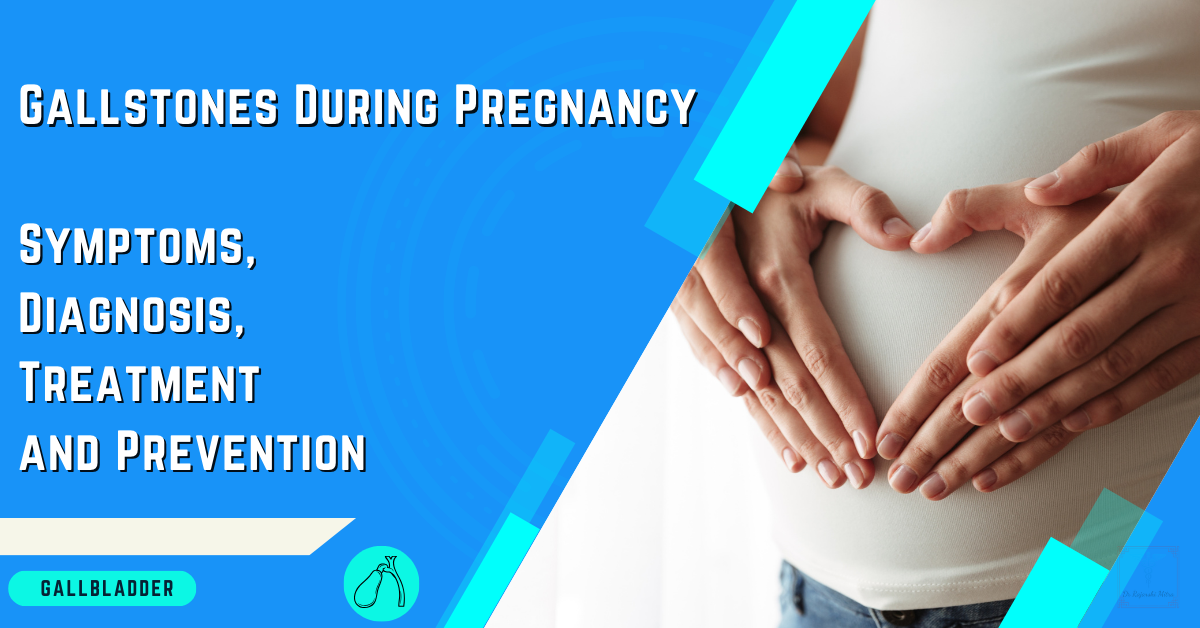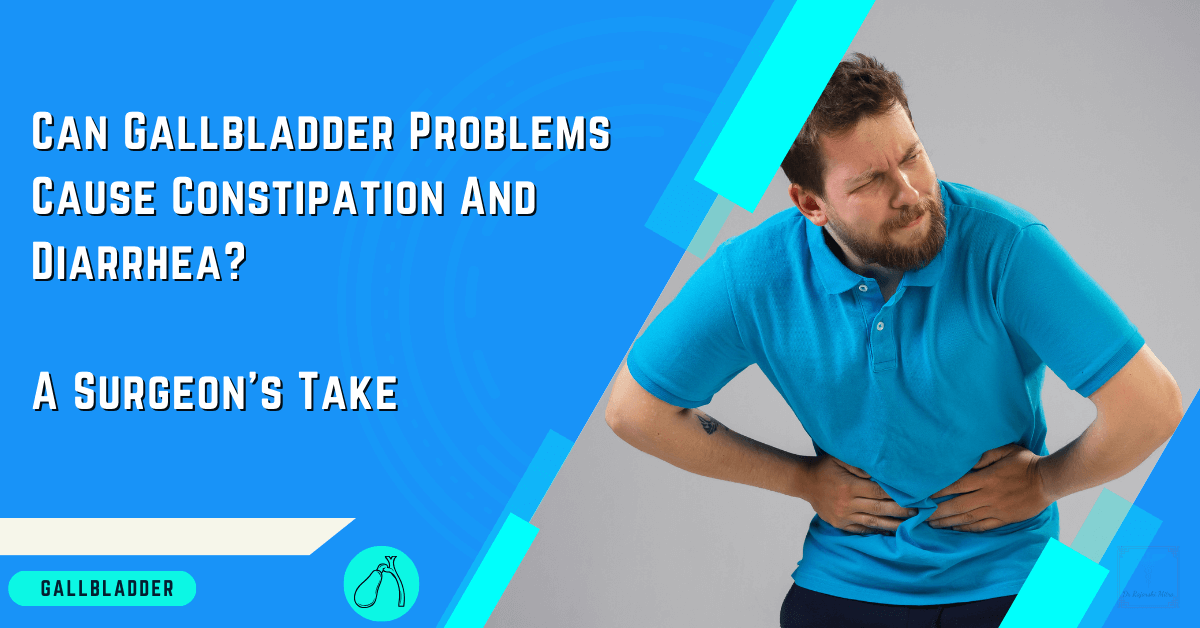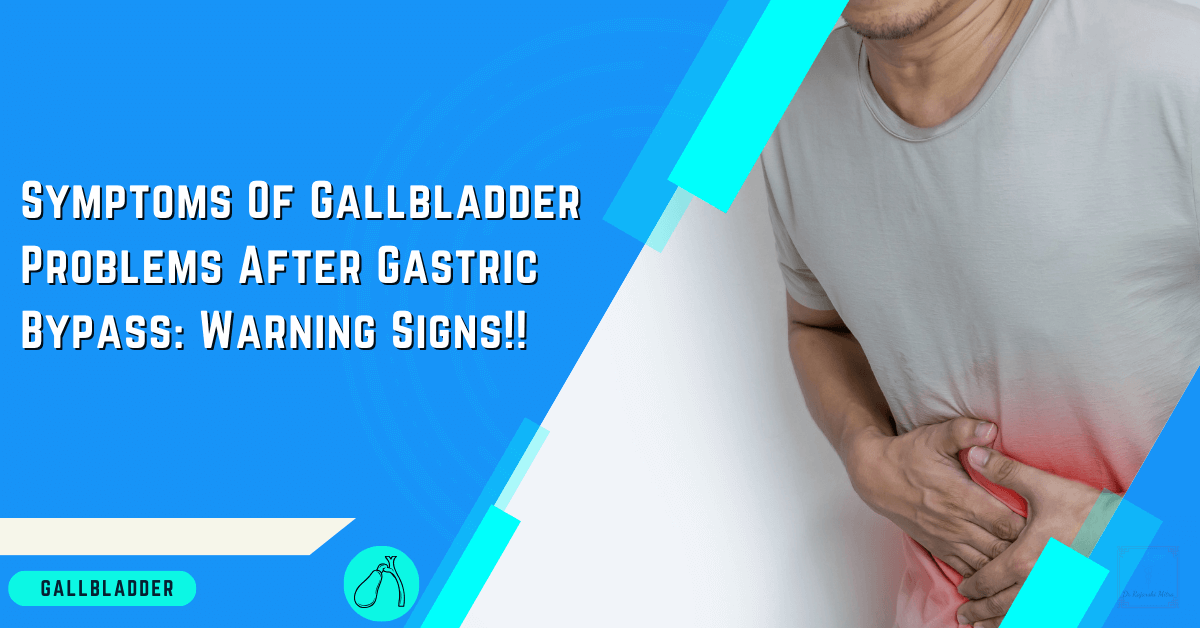Navigating the holy month of Ramadan can be challenging after gallbladder surgery, especially when you’re eager to participate in fasting. You need to take utmost care if you want to opt for fasting after gallbladder surgery.
Understanding the right nutritional strategies and precautions is crucial to ensure your health remains a top priority during this period.
This guide offers tailored advice on how to fast safely, highlighting key dietary considerations and tips that cater specifically to your needs post-surgery. By following these guidelines, you’ll be able to embrace the spirit of Ramadan without compromising your well-being.
Fasting After Gallbladder Surgery: Must-Know Facts
- Prioritize your health: Always consult with your healthcare provider before starting to fast after gallbladder surgery, ensuring it’s safe for you to observe Ramadan fasting.
- Adopt safe fasting practices: Gradually ease into fasting and pay attention to how your body reacts, especially in the initial days post-surgery.
- Focus on balanced nutrition: Incorporate a balanced diet rich in fiber, protein, and healthy fats during non-fasting hours to support your body’s healing and maintain energy levels.
- Stay hydrated: Increase your fluid intake during non-fasting hours to prevent dehydration and support digestive health.
- Listen to your body: Be vigilant about any signs of discomfort or adverse reactions while fasting, and do not hesitate to break your fast if your health is at risk.
- Plan meals wisely: Prepare meals that are gentle on the stomach yet nutritious, avoiding spicy, fried, or highly processed foods that can exacerbate gastrointestinal discomfort.

Understanding Ramadan Fasting Post-Gallbladder Surgery
Hydration Needs
Hydrating well is crucial. Your body needs more water during fasting, especially after surgery. Drink plenty of water between Iftar and Suhoor.
Avoid caffeinated drinks. They can dehydrate you faster. Stick to water, milk, and herbal teas instead.
Digestion Dynamics
Bile’s role in digestion is key. Without a gallbladder, bile flows directly into the intestines. This affects how your body handles fats during fasting.
Eat smaller, more frequent meals. Focus on foods that are easy to digest, like fruits, vegetables, and lean proteins.
Health Signals
Know when to break your fast for health reasons. Look out for specific signs that may indicate complications or severe discomfort.
Signs include intense abdominal pain, nausea or vomiting, and unusual fatigue or dizziness. If you experience these symptoms, it’s important to consult a healthcare professional immediately.
Fasting after gallbladder surgery requires careful planning and attention to your body’s signals. By staying hydrated, understanding the changes in digestion without a gallbladder, and being alert to health warnings that necessitate breaking your fast, you can observe Ramadan safely while ensuring your nutritional needs are met.
Remembering these guidelines will help maintain both spiritual fulfillment and physical well-being during this holy month.
Safe Fasting Practices After Gallbladder Surgery
Gradual Fasting
Start with shorter fasting periods. This helps your body adjust without stress. Then, slowly increase the duration of your fasts.
Monitoring closely is crucial. Look for signs like indigestion or discomfort. These symptoms might indicate issues related to gallbladder removal or adjustment in bile flow.
Health Consultation
Before you begin fasting, talk to a healthcare professional. They can offer personalized advice based on your health status and recovery progress.
They may discuss how fasting impacts cholesterol levels and liver function. Specifically, they’ll focus on cholesterol, alkaline phosphatase, and density lipoprotein cholesterol, which are important post-surgery.
Monitoring Symptoms
Watch for any new symptoms during fasting. Common concerns include indigestion or a feeling of fullness after eating small amounts.
If you experience these symptoms, reconsider your fasting plan. It might be necessary to adjust the length of your fasts or consult again with your healthcare provider.

Nutritional Strategies for Fasting During Ramadan
High-Fiber Suhoor
To aid digestion during fasting, focusing on high-fiber foods during Suhoor is crucial. Foods rich in fiber help maintain bowel health and prevent constipation. They also make you feel full longer, which is beneficial when fasting. Examples of high-fiber foods include:
- Oats
- Whole grains
- Vegetables such as carrots and broccoli
- Fruits like apples and bananas
Incorporating these into your Suhoor meal can significantly improve your fasting experience. Remember, a well-planned meal contributes to better digestion and energy levels throughout the day.
Lean Proteins
Lean proteins are essential for sustaining energy levels while fasting. They provide the necessary nutrients without the added burden of digesting high-fat content, which is especially important after gallbladder surgery.
Sources of lean protein include:
- Chicken breast
- Fish
- Legumes like lentils and chickpeas
- Low-fat dairy products
Including a portion of lean protein in your meals helps keep you energized and supports muscle maintenance during the month of Ramadan.
Hydration Tactics
Staying hydrated is key to a successful fast, particularly after gallbladder surgery, where fluid balance can be more challenging to maintain. During non-fasting hours, focus on drinking plenty of water and electrolyte-rich drinks.
Here are some tips for staying hydrated:
- Drink at least 8 glasses of water between Iftar and Suhoor.
- Include soups or broths in your Iftar meal for an additional hydration source.
- Limit caffeine intake as it may increase dehydration risk.
Precautionary Measures for a Healthy Ramadan
Avoid Dehydration
Staying hydrated is crucial during Ramadan, especially after gallbladder surgery. Heavy exercise can lead to dehydration.
Avoid workouts that make you sweat a lot. Choose light activities instead. Walking or gentle yoga are good options.
Regular Check-Ups
Your health should be your top priority during Ramadan. Schedule check-ups with your doctor regularly.
These visits help catch any issues early on. They ensure fasting is safe for you post-surgery.
Listen to Your Body
Understanding your body’s signals is key during this time. If you feel tired or unwell, rest immediately.
Ignoring these signs can worsen your condition. Remember, resting is not a sign of weakness but of wisdom.
Managing Discomfort During Ramadan Fasting
Antacid Use
If you experience abdominal pain during fasting, consider over-the-counter antacids. Make sure your doctor approves these medications first. They can help manage symptom flares effectively.
Antacids might ease discomfort linked to fasting after gallbladder surgery. However, remember that each individual’s reaction to medication varies. Always follow the prescribed dosages and consult your healthcare provider if symptoms persist or worsen.
Physical Activity
Engaging in light physical activities like stretching or walking may alleviate some discomfort. These exercises support digestion and can reduce feelings of heaviness or bloating often associated with eating after a long fast.
It is crucial not to overexert yourself, especially in the days following surgery. Start with gentle movements and gradually increase intensity based on how you feel. Listen to your body and rest when needed.
Breaking the Fast
In cases where pain becomes severe or unbearable, it is important to break your fast immediately. Your health should always be a priority during Ramadan.
Breaking the fast under such circumstances is not considered a failure but a necessary step towards maintaining your well-being. Ensure you have easy-to-digest foods available for such situations to avoid further complications.

Post-Surgery Dietary Recommendations
Limit Fatty Foods
After surgery, your body needs time to adjust. Eating foods high in fat can increase the strain on your digestive system. This is because fatty and fried foods are harder for your body to digest. They can lead to discomfort and slow down the healing process.
It’s best to avoid these types of food for a while. Instead, focus on eating lean proteins and vegetables. These are easier on your stomach and help you heal faster.
Small Meals
Eating small, frequent meals throughout the day is key after gallbladder surgery. This approach helps manage hunger without overloading your digestive system.
When you eat large meals, it puts pressure on your stomach contents. This can cause discomfort or even pain post-surgery. By eating smaller portions more often, you keep energy levels steady without straining digestion.
Soluble Fiber
Including soluble fiber in your diet supports gentle digestion post-surgery. Soluble fiber dissolves in water, forming a gel-like substance that aids digestion. Good sources include:
- Oats
- Apples
- Barley
- Beans
These foods help regulate bowel movements and prevent constipation, a common issue after surgery. Remember that not all fiber is created equal; insoluble fiber might be too harsh initially.
Impact of Fasting on Gastrointestinal Health
Bowel Movements
After gallbladder surgery, your eating patterns change. This affects your bowel movements. You might notice differences in frequency and consistency.
Fasting, especially during Ramadan, can lead to constipation. This is due to less food consumption. To mitigate this, include fiber-rich foods in your meals before fasting begins. Also, drink plenty of water between Iftar and Suhoor.
Gastritis Risk
Fasting can exacerbate gastritis or acid reflux symptoms for some people. The risk increases when the stomach remains empty for long periods.
To reduce discomfort from gastritis or GERD symptoms, avoid spicy and acidic foods during non-fasting hours. Eating smaller portions more frequently can help manage these conditions better.
Balancing Nutrition and Fasting After Surgery
Nutrient-Dense Foods
After gallbladder surgery, especially during Ramadan, choosing nutrient-dense foods is crucial. These foods provide more nutrients per calorie, supporting your healing process without causing significant weight loss.
Focus on including a variety of fruits, vegetables, lean proteins, and whole grains in your diet. These options ensure you get essential vitamins and minerals. For instance, leafy greens can replenish iron levels in your blood lost during surgery.
Remember to monitor portion sizes. Consuming too much can stress your digestive system post-surgery.
Macronutrient Balance
Balancing carbs, fats, and proteins is key to managing energy and body fat while fasting after gallbladder removal. Each plays a unique role in recovery and maintaining healthy lab values.
- CarbohydratesChoose complex carbs like oats or quinoa for sustained energy.
- ProteinsInclude lean meats or legumes to support tissue repair.
- FatsOpt for healthy fats from avocados or nuts that won’t overburden the liver.
Adjusting meal timing can also help manage hunger pangs during fasting hours. Try eating a substantial pre-dawn meal (Suhoor) that’s rich in fiber and protein for lasting satiety throughout the day.
Meal Timing Adjustments
Your body’s response to fasting may vary daily. Pay attention to how different foods affect you during Ramadan after gallbladder surgery.
If you experience discomfort with certain meals at Suhoor or Iftar (breaking fast), consider adjusting food types or portions accordingly. Staying hydrated with plenty of fluids outside fasting hours is also vital to avoid dehydration.
Final Note From Dr. Rajarshi Mitra
Fasting after gallbladder surgery, especially during Ramadan, requires careful planning and adherence to specific nutritional strategies and precautions. The balance between fasting and maintaining optimal nutrition after surgery is delicate but achievable with the right approach.
To navigate this challenging period successfully, it’s crucial to consult healthcare professionals who can tailor advice to your specific needs. Embrace the dietary recommendations provided, and don’t hesitate to adjust your fasting practices as necessary for your health.
Remember, your well-being is paramount. For more personalized guidance or if you experience any concerning symptoms, seek immediate medical attention. Let this Ramadan be a time of spiritual growth and physical well-being by making informed choices about your health.
FAQs
Can I fast during Ramadan after having gallbladder surgery?
Yes, fasting during Ramadan is possible after gallbladder surgery, but it requires careful planning and consultation with your healthcare provider to ensure it’s safe for your specific health condition.
What are some safe fasting practices post-gallbladder surgery?
Safe fasting practices include gradually introducing fasting days, staying hydrated outside of fasting hours, and avoiding high-fat foods that can exacerbate digestive issues. Always consult a healthcare professional before starting.
How should I adjust my diet while fasting during Ramadan after gallbladder removal?
Focus on consuming balanced meals rich in fiber, lean proteins, and healthy fats. Eat slowly and in small portions to ease digestion and avoid discomfort.
What precautionary measures should I take when fasting during Ramadan post-surgery?
Monitor any signs of discomfort or adverse reactions closely. Break your fast if you experience severe pain or dehydration. Prioritize rest and avoid strenuous activities.
How can I manage discomfort while fasting during Ramadan after gallbladder surgery?
To manage discomfort, eat smaller meals that are easy to digest, stay well-hydrated outside of fasting hours, and avoid spicy or fatty foods that may trigger gastrointestinal distress.
Are there any dietary recommendations for the period immediately following gallbladder surgery before attempting to fast?
After gallbladder surgery, focus on a low-fat diet consisting of fruits, vegetables, whole grains, and lean protein sources. Gradually reintroduce different foods to monitor how they affect you before beginning a fast.
Does fasting have an impact on gastrointestinal health after gallbladder removal?
Fasting can impact gastrointestinal health by altering digestion patterns and potentially straining the digestive system. It’s crucial to approach it cautiously under medical guidance, especially after undergoing gallbladder removal.
Dr. Rajarshi Mitra is a patient-centered, highly-rated Specialist Laparoscopic Surgeon & Proctologist in Abu Dhabi, offering Advanced Laparoscopic Surgery, Minimally Invasive Proctology & Lasers in Proctology. He is MBBS; MS (Surgery); FIAGES; FICS (USA); Dip. Lap (France); and Dip. Hernia (APHS) with 18 years of extensive experience in Laparoscopic Surgery, Minimally Invasive Proctology and Fellowship training in Colorectal and Bariatric Surgery.



























